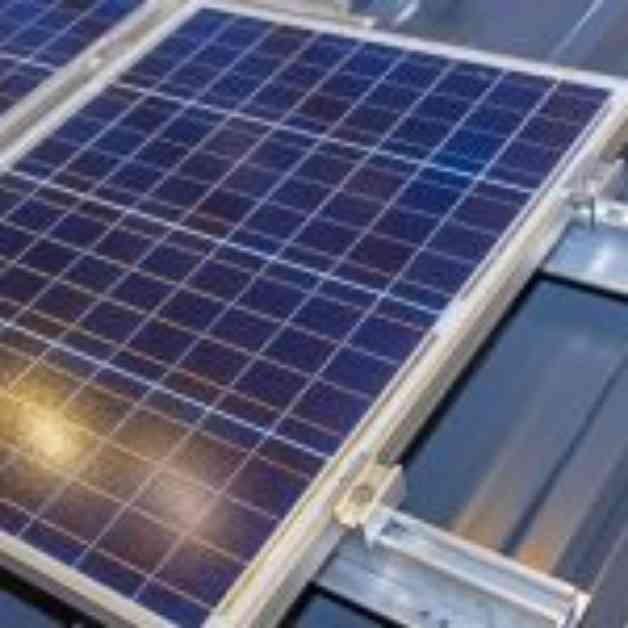Researchers at Chouaïb Doukkali University in Morocco have recently made significant strides in solar energy technology with the development of an innovative photovoltaic-thermal (PVT) solar panel design. This new PVT panel aims to not only enhance efficiency but also tackle the durability issues commonly associated with traditional PVT modules.
The team at Chouaïb Doukkali University has introduced a unique channel-box heat exchanger in their study to optimize convective heat exchange and ensure that the entire surface of the solar panel maintains direct contact with the cooling fluid. This heat exchanger consists of an aluminum solid zone and a section where water flows as the cooling medium. Divided into three parts – a coolant inlet, heat exchange, and fluid evacuation – the heat exchanger plays a crucial role in the panel’s functionality.
The innovative design of the PVT panel includes a photovoltaic module, a Tedlar layer, two transparent ethyl vinyl acetate (EVA) layers, and a glass cover plate. One of the key features of this new design is the aluminum heat exchanger configuration, which consists of 94 channels attached directly to the PV module. This configuration aims to combat temperature inequality, a common issue that can lead to the degradation and reduced lifespan of conventional PVT panels.
Through simulations conducted using COMSOL software, the researchers have shown promising results for the panel’s performance. The simulations indicate that the panel can achieve an electrical efficiency of 12.11%, a thermal efficiency of 78.59%, and an impressive overall efficiency of 90.7%. These results underscore the significant impact of the cooling fluid’s flow rate on the panel’s performance.
The experiments conducted by the team revealed that a 10 L/h increase in flow rate led to a 33.59°F drop in the solar cell’s temperature. This temperature decrease resulted in a power output boost of 0.798 W and a 0.051% enhancement in cell efficiency. The heat exchange zone of the panel features an alveolar plate with a 0.4 mm thick flat top wall in contact with the PV module and a 0.4 mm thick bottom wall, facilitating optimal heat transfer between the PV module and the cooling fluid circulating within the channels.
The researchers concluded that the proposed PVT-C offers promising results in terms of temperature homogeneity and overall performance. This innovative solar panel design not only demonstrates improved efficiency and durability but also showcases its potential to revolutionize the solar energy landscape.
Subheadings:
The Innovative PVT Panel Design
The researchers at Chouaïb Doukkali University have introduced a cutting-edge photovoltaic-thermal (PVT) solar panel design that aims to enhance efficiency and address durability issues commonly associated with traditional PVT modules. The innovative features of this new design, including a customized channel-box heat exchanger and aluminum heat exchanger configuration, set it apart from conventional solar panels. Simulation Results and Performance Enhancements
Through simulations using COMSOL software, the researchers have demonstrated the impressive performance potential of the new PVT panel. With an electrical efficiency of 12.11%, a thermal efficiency of 78.59%, and an overall efficiency of 90.7%, the panel shows great promise in the realm of solar energy technology. The experiments conducted by the team further emphasize the impact of the cooling fluid’s flow rate on the panel’s performance, highlighting the importance of temperature regulation for optimal efficiency. Promising Future for Sustainable Energy
The seamless integration of the new PVT panel into building structures and its adaptability for air or water heating make it a versatile addition to sustainable building design. This innovative solar panel design not only showcases improved efficiency and durability but also holds significant potential for revolutionizing the solar energy landscape. As the world continues to seek sustainable energy solutions, advancements like the new PVT panel from Chouaïb Doukkali University offer hope for a greener future.
Through simulations using COMSOL software, the researchers have demonstrated the impressive performance potential of the new PVT panel. With an electrical efficiency of 12.11%, a thermal efficiency of 78.59%, and an overall efficiency of 90.7%, the panel shows great promise in the realm of solar energy technology. The experiments conducted by the team further emphasize the impact of the cooling fluid’s flow rate on the panel’s performance, highlighting the importance of temperature regulation for optimal efficiency.











